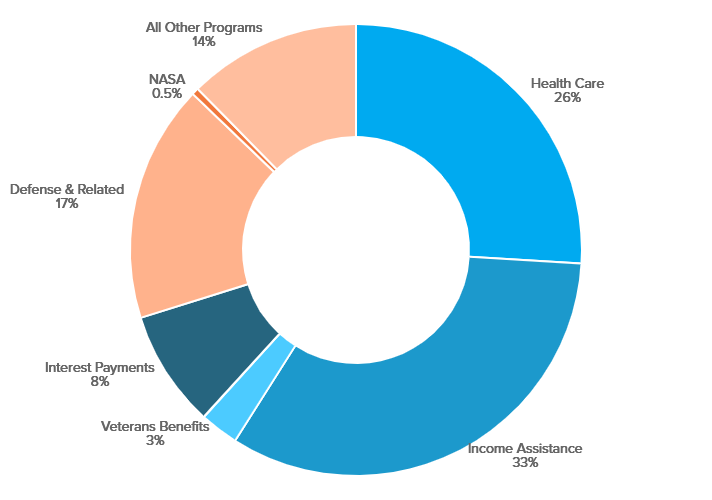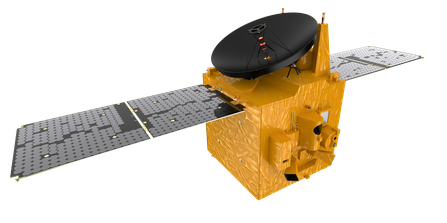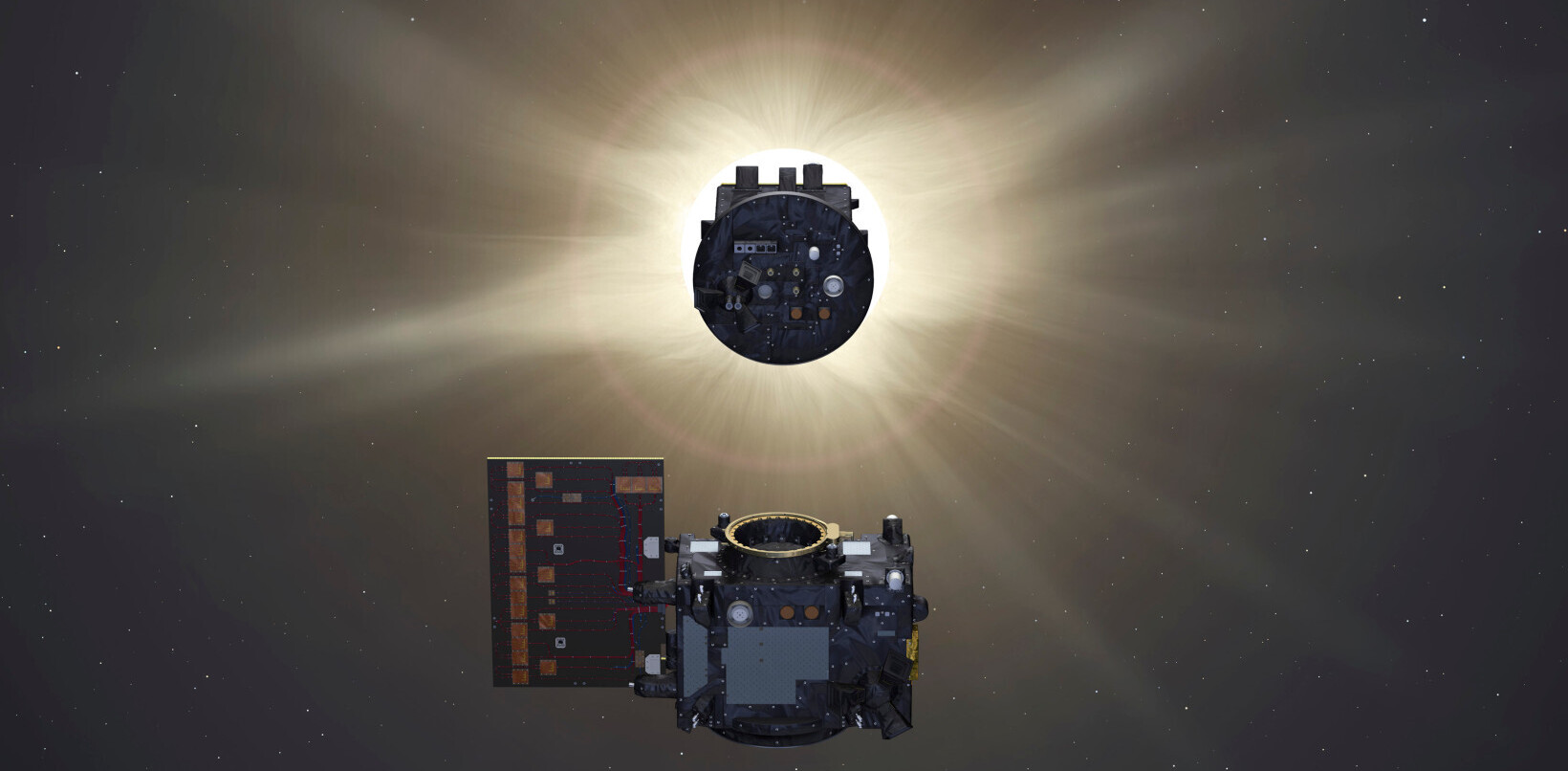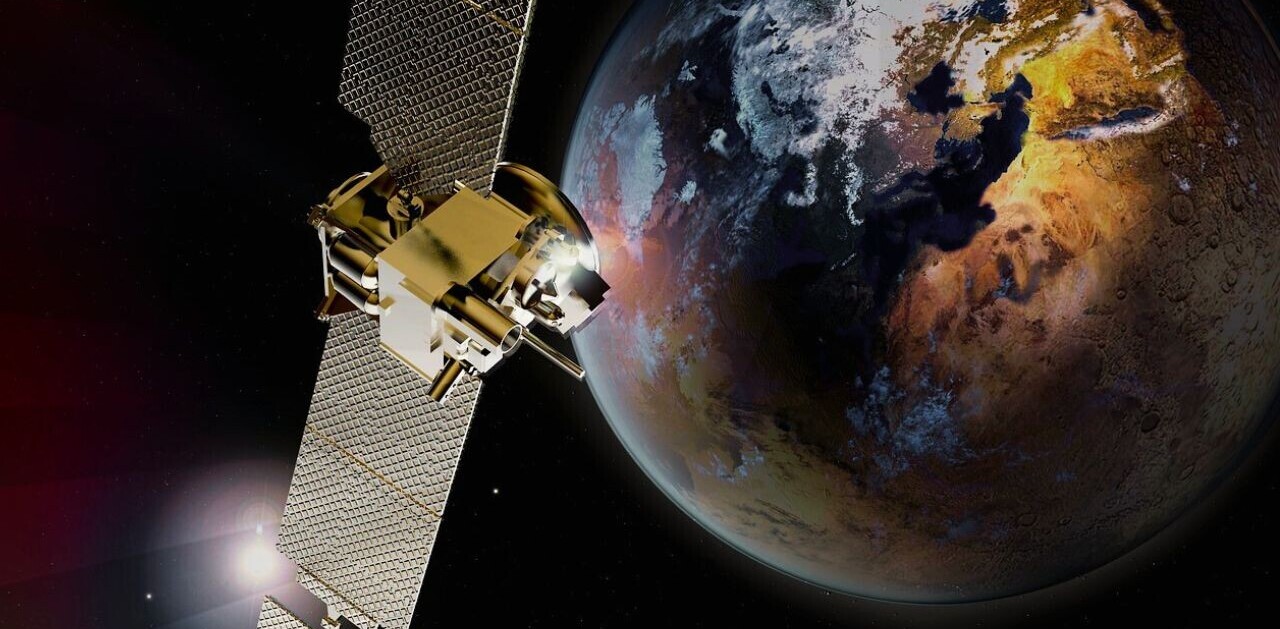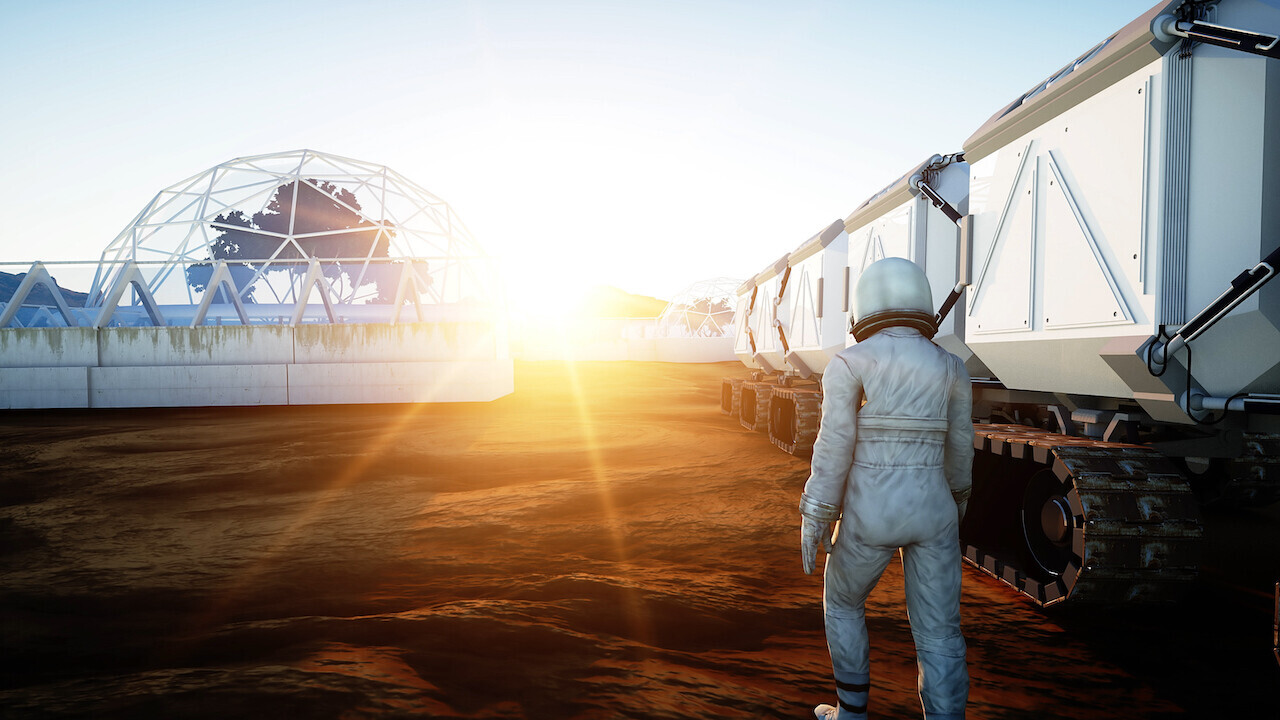
Exploring other worlds and moving humans onto the Moon and Mars may seem foolish in light of the significant challenges we face as a species. On the surface, it might seem superfluous to bring humans to the Moon and start living on Mars, while hunger, disease, and poverty affect billions of people worldwide.
This feeds a dangerous trend, however — an anti-scientific backlash against space exploration. Some memes traveling the interwebs call for ending the exploration of other worlds, in order to “fix Earth,” or “plant trees.”
These are noble goals, vital to the survival of life (human and otherwise — let’s not forget cats). However, these significant, even existential, challenges (global warming, I’m looking in your direction) must be met with the best, most powerful tool humankind has ever devised to overcome obstacles — science.
But, I’m not dressed for the 19th century!
Journey with me as we imagine a theoretical past. It is the spring of 1850, and 30-year-old Queen Victoria has just awoken from her nap. She gathers all of the greatest minds in the United Kingdom of Great Britain and Ireland together with joyous news.
“We have just had a most fabulous dream,” she states. “We dreamt of a box, with glass on the front. Pictures — moving pictures — appeared on the glass, while sound came from it. It was called television.”
Then, she sets a lofty goal for her intellectual elite.
“We command you to work together with scientists from around the globe, and make us a television. We will cover all costs, and anything you want shall be yours, once we see this television work.”
The question posed is — even given unlimited funding, and powerful incentives — would it have been possible to build a television in 1850?
The physics of a television set (and transmitters!) requires a significant understanding of electromagnetism, the flow of electricity through molecules, and the propagation of radio waves through the air.
In the middle of the 19th Century, legendary physicist James Clerk Maxwell was just starting to publish the first in a series of revolutionary findings of electromagnetism.
Still, these took over 40 years to complete, and they were not experimentally proven until the 1890s. The first transmitters were not constructed until experiments conducted by Heinrich Hertz in the 1880s.
All this theoretical work needed to be in place before any significant work could proceed on technology. Without the pure science of Maxwell and Hertz, Marconi would have been unable to work on the transmission of radio waves from a transmitter to a receiver — the first practical step toward building a television.
Investments in pure science plant a fertile field for technological and social developments we can never foresee. And, without pure science, no matter what she spent, Queen Victoria never would have seen television before passing away in 1901, 26 years before the first television transmission took place in San Francisco.
Seeding the future
The U.S. Federal budget for NASA amounts to $23.3 billion, less than one-half of one percent of the federal budget. By comparison, NASA received nearly 4.5 percent of U.S. government spending at the height of the triumphs of Apollo.
Today, planetary exploration takes up less than one-third of NASA’s budget.
“Funding varies year-to-year, but generally about 50% of NASA’s annual budget is spent on human spaceflight activities, 30% on robotic missions and scientific research, and the remainder split between aeronautics, technology development programs, staff salaries, facilities management, and other overhead,” The Planetary Society explains.
Seven billion dollars may seem like a large amount of money, but for a country with more than 328 million residents, it works out to a little over $20 a year per person. Americans spend more every year on Halloween costumes and plant-based meats.
For this tiny investment, we receive vast amounts of new research, preserving and enhancing life. The benefits of research developed for living on Mars, like the pure science of Hertz and Maxwell in 1850, are unknown today.
Technologies developed from exploring the solar system include memory foam mattresses, advances in MRI technology now used in hospitals, and fire-resistant paints and construction techniques used on modern skyscrapers.
Water is essential to life, and large populations are unable to access clean water for drinking or cooking, spreading disease and infections. Cheap, easy-to-use water filtration systems now being distributed to people worldwide were developed from NASA’s need to filter water in space.
Our food is now significantly safer, thanks to NASA. The Hazard Analysis and Critical Control Point concept developed by Pillsbury for NASA, kept contamination off food being packed into spacecraft. Now, the FDA uses these same techniques to keep dangerous microorganisms out of food before it is ever shipped to the store for purchase.
Heart disease can now be treated by implantable heart aids that act as miniature defibrillators, thanks to the pure research of space exploration. Keyhole surgery, devised to perform surgery in space, allows surgeons to work within bodies while watching on a video screen, using just small incisions.
The times they are a’ changin’
We also inspire children to learn science. This means far more than simply reciting facts, or memorizing the periodic table. Scientific thinking is a mindset in itself. The tools used to uncover a scientific mystery are the same as those used to carefully and methodically question claims made by politicians, business leaders, and charlatans.
And, placing the first woman and people of color on the Moon will tell every young child that they can do anything.
The United Arab Emirates (UAE) is pouring large amounts of money into its space program to train students in science, shaping them into leaders in the coming post-oil world. Even a nation that made most of its wealth from oil recognizes the worth of an active space program in weaning the human race from fossil fuels.
China is also making tremendous advances in science, recently reaching the Moon and Mars with revolutionary spacecraft, and launching their own space station. These advances will bring the day when we are living on Mars a few steps closer.
A scientifically literate society is far less likely to fall for political, military, or capitalist charlatans, espousing misguided fears of race, gender, or ethnic origin in a quest for power.
Space exploration could even forever alter our relationship with each other as human beings. Here on Earth, most people see themselves as members of nations, states, or cities.
Imagine a space colonist of the future, perhaps living on Mars inside an international space colony. She would likely spend her life inside a shelter made by European spacecraft, drinking water from Indian-made water purifiers, breathing air cleansed by Russian air filters, using American electrical and communication systems. She and her family could never spend their lives living on Mars without contributions from all nations and private organizations.
As ingrained as it might seem to us now, the entire idea of national identity — that has lead to so much conflict throughout history — could fall by the wayside as we begin living on Mars. But, only if we invest in space exploration now.
Public health matters, critical to saving lives, would be promoted in societies with a vigorous commitment to science. Cultures that fall behind could see their populace brush aside science, basing their opinions, values, and policies on baseless theories and videos found on the internet.
Science develops new industries, ways of living, and paradigms, bringing us forward as a species.
Even if we were to (foolishly) completely stop funding NASA and pure scientific exploration today, the amount saved would quickly be swallowed up in spending for the military, gifts to the failing oil industry at the heart of global climate change, and tax breaks for billionaires.
Science — our last, best hope
Today, our planet faces a grave crisis of global climate change. The idea that all of human civilization would go back to pre-industrial lifestyles seems fanciful at best.
A zeitgeist focused on never leaving the Earth is counter-productive if one desires an intelligent, reasoned society. To do so both requires — and develops —a vigorous educational network, allowing lifelong learning for all.
Learning genetics teaches one that race is meaningless. History shows us that national borders and governments are, at most, transient and arbitrary. Mathematics teaches us, at least something, about statistics, allowing us to better comprehend the world. Most of all, learning to think in a scientific manner is exactly what we need to solve serious problems at home, including global climate change.
President Kennedy’s call to land astronauts on the Moon by the end of the 1960s galvanized the United States, igniting the light of science in the eyes and minds of millions of people. And, for a short while, the United States supported a vigorous crewed space program.
“The United States spent $28 billion to land men on the Moon between 1960 and 1973, or approximately $283 billion when adjusted for inflation. Spending peaked in 1966, three years before the first Moon landing. The total amount spent on NASA during this period was $49.4 billion ($482 billion adjusted),” The Planetary Society reports.
Even these short forays onto the Moon brought treasure troves of information about the Cosmos, and our place in it, along with dramatic leaps in computer technologies and electronics.
By comparison, the war in Vietnam was far more expensive than Apollo, and provided little benefit to humankind.
“The Department of Defense (DOD) reports that the United States spent about $168 billion (worth around $950 billion in 2011 dollars) in the entire war including $111 billion on military operations (1965–1972) and $28.5 billion on economic and military aid to Saigon regime (1953–1975). At that rate, the United States spent approximately $168,000 for an ‘enemy’ killed,” Alan Rohn writes for TheVietnamWar.info.
Today, China is leading the development of new solar cells, reducing the need for fossil fuels. The exploration of space will require significant jumps, raising the efficiency of solar panels, while reducing their cost and weight. These advances might be applied to solar panels here on terra firma, making solar power less expensive, further reducing the use of fossil fuels.
“Space is for everybody. It’s not just for a few people in science or math, or for a select group of astronauts. That’s our new frontier out there, and it’s everybody’s business to know about space.” — Christa McAuliffe
Fortunately, President Biden has recognized the importance of science for the future of the nation. In a 58-page list of priorities, Biden called for significant increases for the National Science Foundation, NOAA, NIH, and the Department of Energy. NASA is slated for a modest 6.3% increase, to $24.7 billion.
Human colonies on the Moon and Mars, able to maintain their populations permanently, independently of outside supply ships, also provide our species with the ultimate life insurance policy. Living on Mars provides another backup plan for the future of the human race.
The habitation of other worlds is our only real protection against human life on our single planet being wiped out by short-sighted industrialists, or a foolish politician, blinded by jingoistic nationalist fervor.
Science is the best investment we can make in our children, our planet, and our future. A bold future, living both here and beyond our home planet, is our best chance to save life on Earth.
This article was originally published on The Cosmic Companion by James Maynard, founder and publisher of The Cosmic Companion. He is a New England native turned desert rat in Tucson, where he lives with his lovely wife, Nicole, and Max the Cat. You can read this original piece here.
Get the TNW newsletter
Get the most important tech news in your inbox each week.
